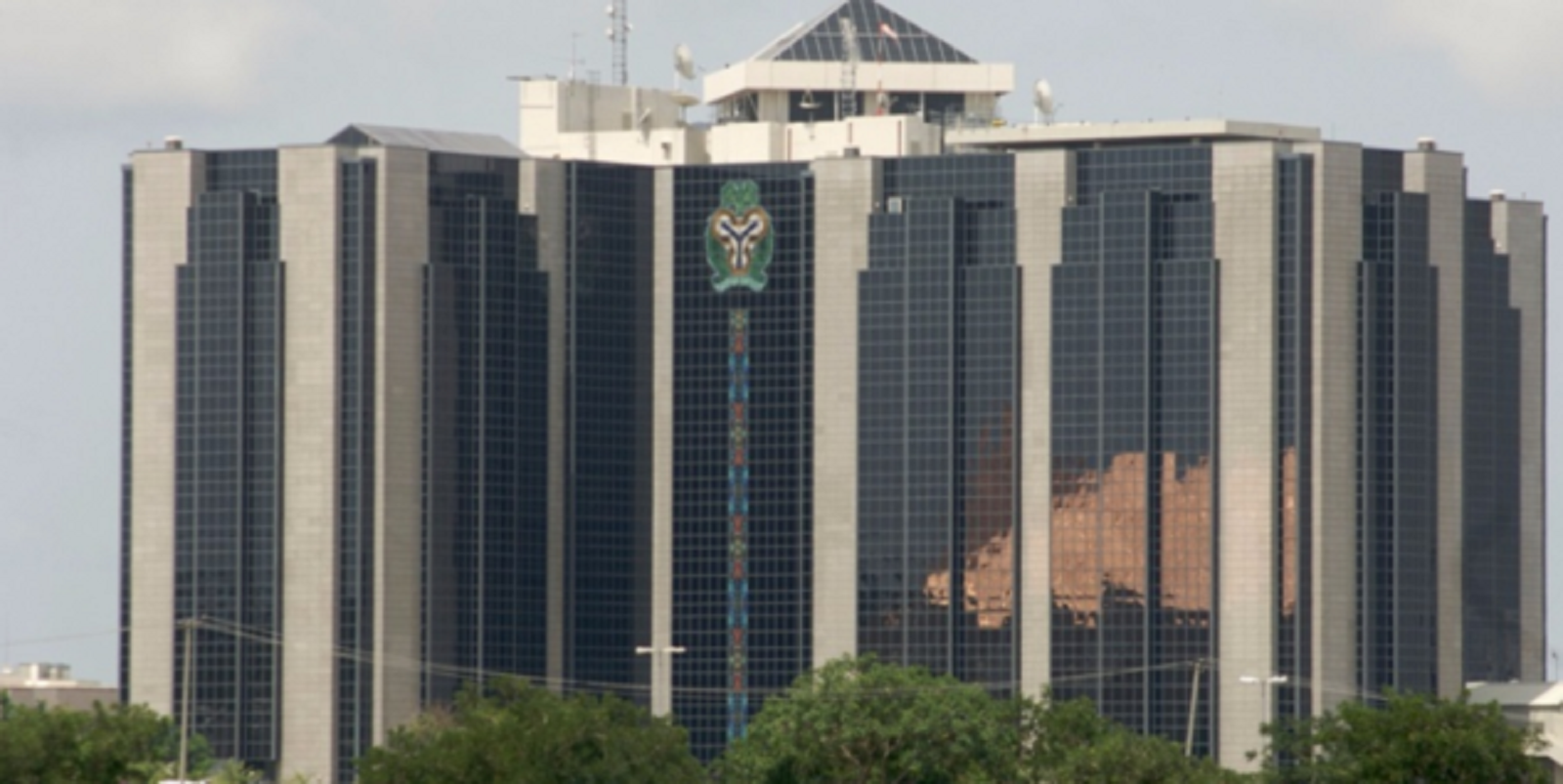CBN has vowed to discontinue quasi-fiscal interventions in the Nigerian economy.
Newsonline Nigeria reports that the CBN will no longer intervene in the Nigerian economy through quasi-fiscal activities but rather focus on its core monetary policy mandate.
This was one of the highlights of the keynote address by the CBN Governor, Yemi Cardoso at the 58th Annual Dinner of the Chartered Institute of Bankers of Nigeria.
ALSO: CBN makes tranche payments to 31 banks owed FX backlog
Cardoso noted that some of the previous failures of the CBN were tied to quasi-fiscal activities under the foray of “development finance activities.”
He also noted that through these activities, the CBN directly pumped over N10 trillion into the economy.
During his address, Cardoso identified a plethora of factors that affected the effectiveness of the CBN under his predecessor, Godwin Emefiele.
“I am aware that events over the past few years have put the CBN in a bad light. These issues can be attributed to various factors such as corporate governance failures, diminished institutional autonomy of the Central Bank of Nigeria, a deviation from the core mandate of the bank, unorthodox use of monetary tools, and an inefficient and opaque foreign exchange market that hindered clear access.”
“A foray into fiscal activities under the cover of development finance activities. There was also a lack of clarity in the relationship between fiscal and monetary policies, amongst other challenges.
“Hitherto, the CBN had strayed from its core mandate and was engaged in quasi-fiscal activities that pumped over N10 trillion in the economy through different initiatives in sectors ranging from agriculture, power, and many others.”
“This distracted the bank from achieving its objectives and took it into areas where it had limited expertise.”
He noted that the CBN would be backtracking from these activities to focus on its primary mandate as the bank aims to contribute to Nigeria’s macroeconomic stability.
“Under my leadership, the Central Bank of Nigeria will vigorously address these issues. We will tackle institutional deficiencies, restore corporate governance, strengthen regulations, and implement prudent policies.”
He added, “In line with our strategy to refocus on our core mandate, the CBN will discontinue direct quasi-fiscal interventionist activities and instead utilize orthodox monetary policy tools for implementing monetary policy.”
What you should know
Quasi-fiscal activities are activities carried out by government-related institutions that have fiscal implications to those of government actions yet are not included in the fiscal budget.
Essentially, these activities often involve interventions or operations that have an impact on the economy or public finances but are conducted outside the regular government budgetary process.
For the Central Bank, quasi-fiscal activities typically involve taking actions that affect public finances such as targeted lending and participating in activities beyond its traditional monetary policy mandate.
During Godwin’s Emefiele time as the CBN governor, the apex bank developed a reputation for carrying out these activities, especially around the agriculture sector.
Some of the quasi-fiscal activities carried out by the CBN under Emefiele include the Anchor Borrowers Programme, which was a lending programme targeted at farmers.
In 2022 alone, the CBN gave out about N629 billion to farmers under the Anchor Borrowers Programme.
However, reports emerged that loan defaults were threatening the success of the program.
Another noteworthy quasi-fiscal activity undertaken by the CBN was a N1 trillion loan facility for manufacturers instituted by the CBN in April 2020.













